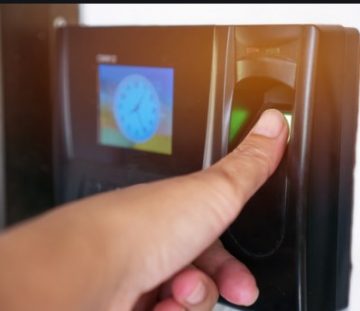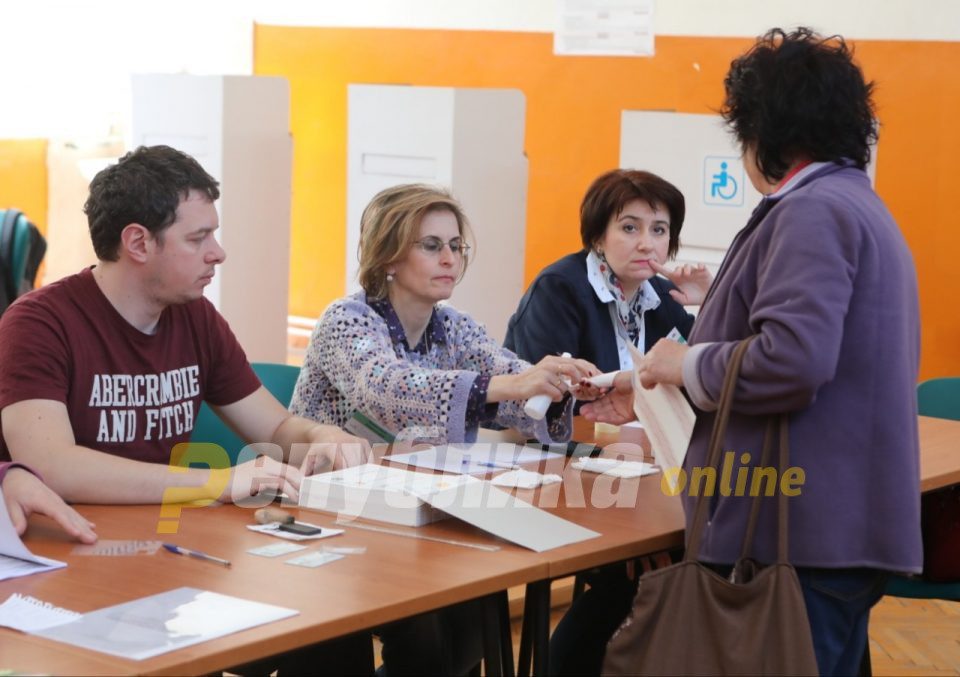Even though the municipal elections in October are fast approaching, the Zaev Government is slow-rolling the process on purchasing fingerprint devices and the accompanying programs needed to put them in place. The parties agreed to improve election security by introducing these devices, but given that Zaev’s SDSM party and his DUI coalition partner have often relied to voting irregularities to have their way in the elections, it was expected that they will try to delay the process.
VMRO-DPMNE was proposing that the devices are used much sooner, during the census which SDSM and DUI plan to hold in April. SDSM and DUI insisted that there is no time to put this security measure in place, and that it would be too costly, despite the low price of simple fingerprint devices on the market and the fact that they need to be purchased and in use by October anyway.
Some of the worst violations of election rules occurred during the 2018 name change referendum, when some rural Albanian districts had a huge increase in turnout in the last hour. Some polling places reported such spike in turnout that physically impossible feats of having а rate of 1 voter voting in 5 or 10 seconds in the last hour – a clear indication of ballot stuffing as the Zaev regime was desperate to report a higher turnout in the failed referendum.

Voters are currently required to show valid ID and have a thumb sprayed with invisible ink. UV lambs are used to check all voters and those who are already sprayed – meaning they already voted – are turned back and not allowed to vote for a second time. Fingerprint devices are meant to replace this security check. But the coalition has shown that all security measures go out the window if the stakes are high enough. Given how shaky the coalition is at the moment, the municipal elections in October are likely to include early general elections as well, making the vote a matter of life or death for the Zaev regime.




Comments are closed for this post.